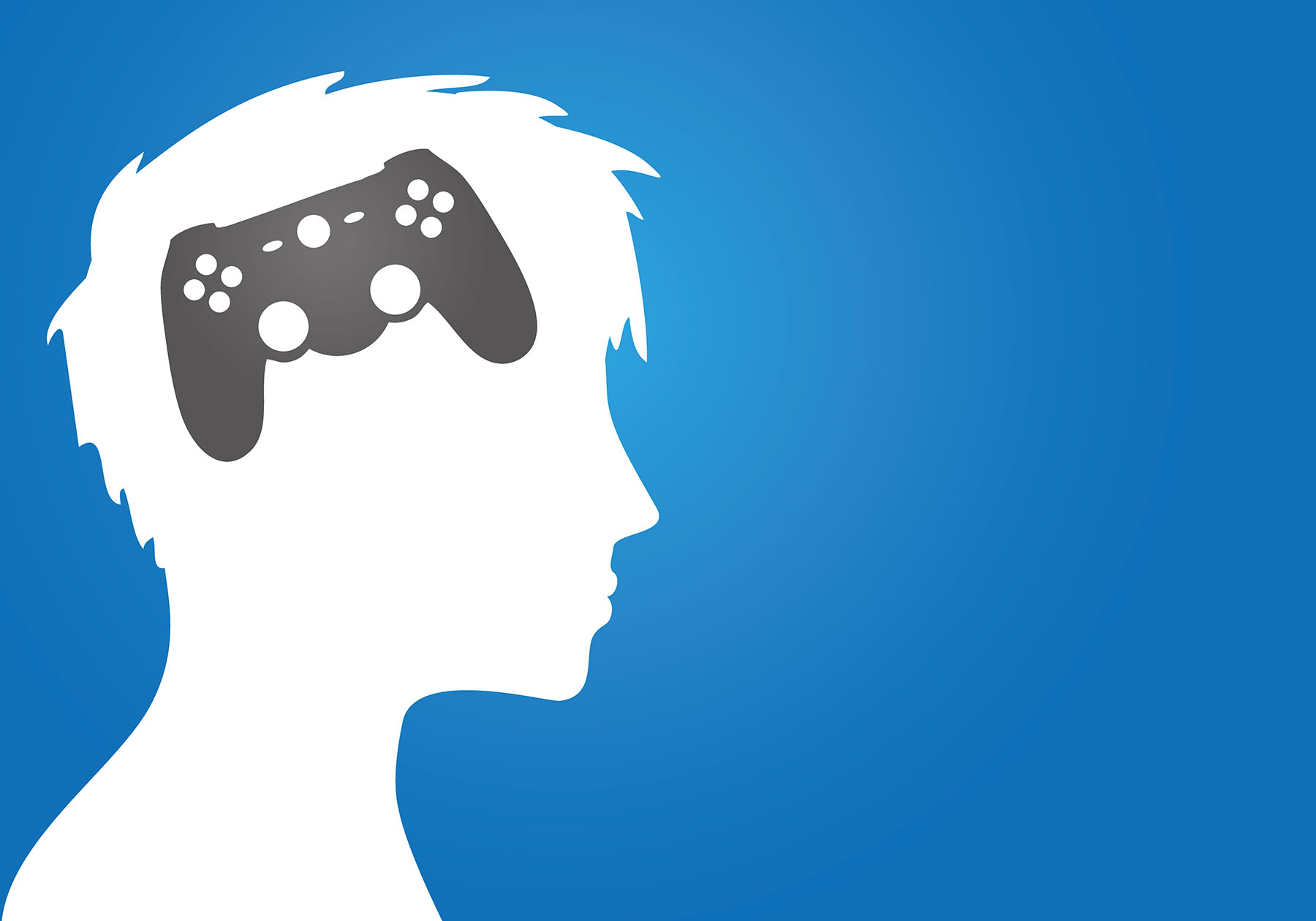Video Games Can Actually Be Addictive

Do friends complain you’re spending way too much time playing video games? Can’t turn off the screen, even when it’s time to eat or duty calls?
If you’re doing this repeatedly, and to the detriment of both your relationships and health, you may be suffering from a mental health disorder.
The World Health Organization (WHO) has issued a beta draft of its 11th International Classification of Diseases (ICD) and it newly lists “gaming disorder” in its list of mental health conditions.
The classification doesn’t surprise UHealth psychologist Dr. Felicia Gould, who believes even the most innocuous activity can turn damaging if done obsessively.
“If you’re doing it at the expense of your social life and your health, if it’s interfering with your job, then there’s a problem,” she says.
The disorder, as described by the WHO, is an “impaired control over gaming” that is a “persistent or recurrent” behavior pattern of “sufficient severity to result in significant impairment in personal, family, social, educational, occupational or other important areas of functioning.” For a diagnosis to be assigned, such behavior must be evident over a period of at least 12 months, though that duration can be shortened if the symptoms are severe. In other words, this isn’t the rare binge-playing over one rainy weekend.
Concern over video game addiction is not new. Since the 1980s, when gaming consoles and joysticks became part of popular culture, parents have complained that their kids spend too much time playing. As graphics quality improved and online gaming’s appeal widened, stories of potential addiction only grew more prevalent. In a 2009 study, researchers estimated that about 8.5 percent of Americans 8 to 18 years old showed “pathological” video game use.
“I haven’t seen it in my practice,” Gould observes, but “anecdotally I’ve heard about it. It seems more prevalent among younger patients.”
Yet if you think that video game addiction is mainly a youth issue, hit the reset button. As reported in 2009, the average video gamer is actually a 35-year-old man — in other words, not a youngster without family and work responsibilities.
Gould warns that parents shouldn’t consider all video game playing as unhealthy.
In fact, controlled and limited playing has been shown to improve hand-eye coordination as well as problem-solving skills, she adds. Many gamers even say it relieves stress. What’s more, video games are being developed to help people in various ways and some gamers have gone on to have successful careers creating video games for publishing companies.
“The problem is when you go overboard,” Gould explains. “It’s like one person is fine having a glass of wine, but someone else wants the whole bottle.”
How can you tell if you or a loved one is addicted? Answer these questions honestly. Referred to as the CAGE questionnaire, this line of inquiry is commonly used to detect other kinds of addiction: Have you ever felt you should cut down on your activity, in this case, gaming? Have people annoyed you by criticizing the time and effort you spend gaming? Have you ever felt bad or guilty about your gaming? Are video games usually the first thing you think about in the morning when you wake up?
“If you’re having withdrawals when you don’t play, you have a problem,” Gould says, “And if people who love and care for you tell you you’ve got to stop and you can’t quit, then that’s a pretty good sign too.”
Gould believes that the WHO’s classification, to be officially published in May, will aid mental health and addiction specialists in identifying and helping those diagnosed with the disorder. On a broader scale, when a disorder is officially included in the ICD, countries begin to monitor trends and plan public health strategies, making it easier for scientists to share health information across boundaries.
“I think this will lead to more study,” Gould says, “but it will also help in educating the public.”

Ana Veciana-Suarez, Guest Contributor
Ana is a regular contributor to the University of Miami Health System. She is a renowned journalist and author, who has worked at The Miami Herald, The Miami News and The Palm Beach Post. Visit her website at anavecianasuarez.com or follow @AnaVeciana on Twitter.
Tags: addiction, Dr. Felicia Gould, gaming, ICD, psychology, video game, WHO
